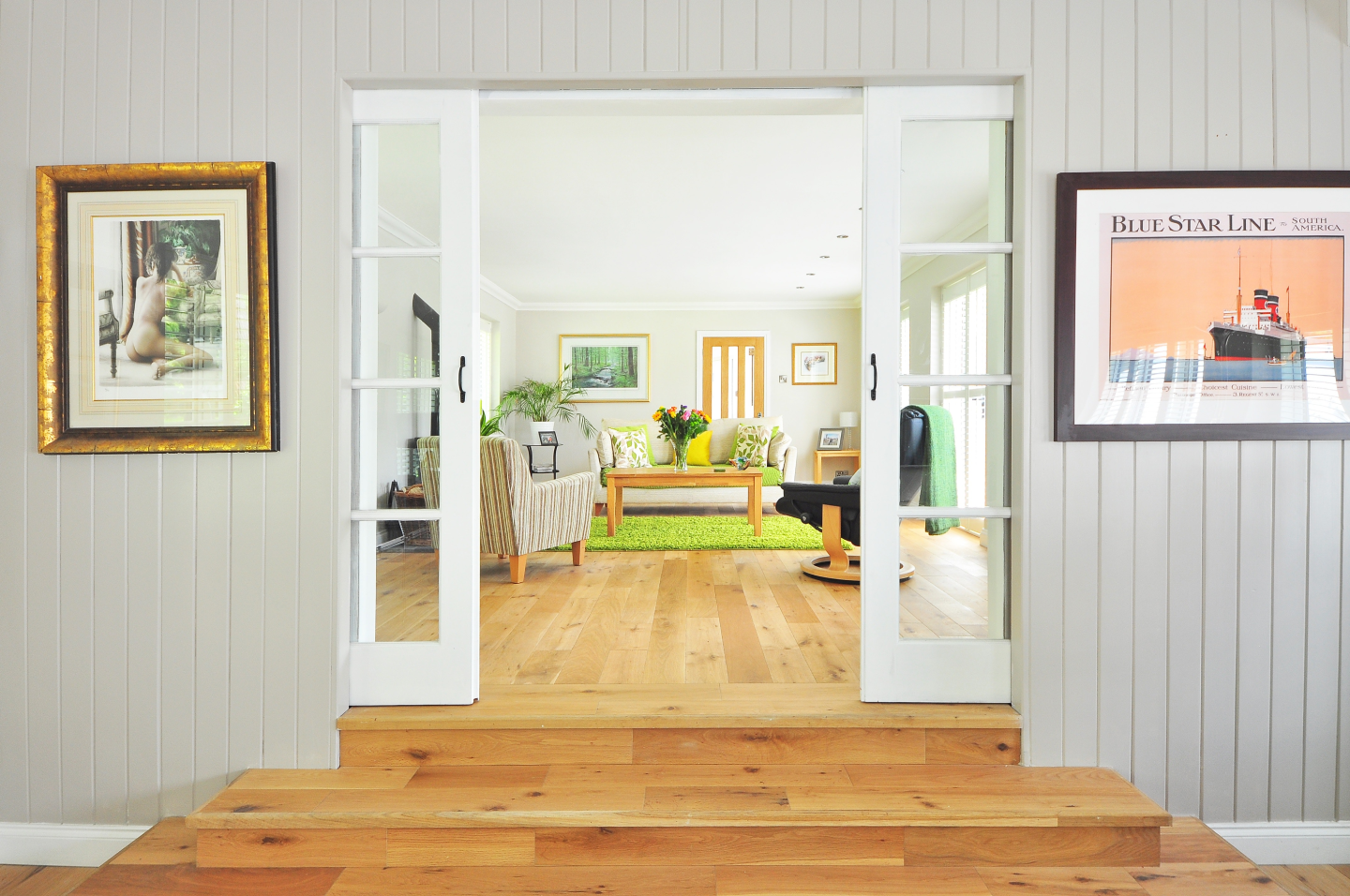Purchasing flooring is not easy. From picking between laminate, hardwood and vinyl, you then have to decide what brand to go with and then choosing the colors and design. The first step is understanding what you are trying to achieve with your floors. The main factors you must make a decision on is your budget, style, color, feel and purpose.
Even if budget isn't an issue choosing the right floors is not easy because although hardwood floors is the most premium it isn't waterproof like some laminate and most vinyl. Wood is much more delicate to moisture and temperature and also has restraints to its size that other floors do not.
Which is why you have to also consider how much foot traffic, moisture, sunlight and just wear and tear your flooring will have to endure. Vinyl flooring in most cases is much more resilient to moisture then hardwood and laminate flooring. Which is why it is very popular in kitchens, washrooms and basements as well as tiles (ceramic, porcelain). Below I have listed pros and cons of each flooring type.
Solid Wood Flooring
Pros: Solid wood has a natural and incredible wear resistance, adds value to your home (~2.5%), is easy to clean and maintain and improves air quality in the home.
Cons: Cost (generally more expensive), also solid wood will expand and contract depending on the humidity and can dent because of this. It is also more prone to damage from sunlight. It is a very bad choice for basements and damp areas.
Engineered Hardwood Flooring
Pros: Engineered hardwood is typically made up of a sandwich of thin layers of plywood stuck together with adhesives and because of this it is more resilient to moisture and humidity then solid hardwood. There is a thin veneer of real wood over the plywood which gives it the premium look and feel of hardwood for a more affordable price.
Cons: Cost, less structural wear resistance then solid hardwood. Also depending on the veneer in most cases it can only be refinished 1-2 times.
Laminate Flooring
Pros: Laminate is constructed from a dense fiberboard with an image printed on a clear plastic protective film which allows it to mimic wood, tile and stone at a much more affordable price. Also top quality laminate have strong resistance to scratching/discoloration and is well known for being wear resistant. Some laminate is also waterproof.
Cons: Can't be sanded like wood. Depending on the quality can have a very fake look and feel to it.
Vinyl Flooring (Most Trending Flooring)
Pros: Good for wear and tear environments and commercial spaces. Large variety of thickness and styles. Installation is easier and cheaper. Lots of colors and designs. Also waterproof which makes it a good alternative to tile.
Cons: The best vinyl flooring costs as much as hardwood/laminate flooring, also it can become discolored if exposed to intense sunlight.

